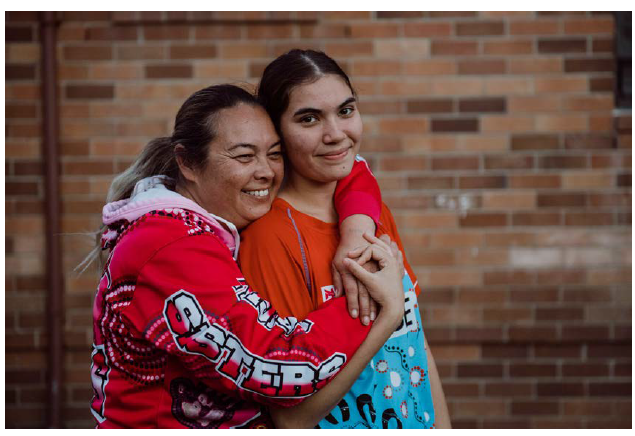Automatic language translation
Our website uses an automatic service to translate our content into different languages. These translations should be used as a guide only. See our Accessibility page for further information.
Last published on 08 Oct 2021
'The Department' follows the work of our NSW DCJ caseworkers and the children and families we support. Made by the independent, philanthropic film company Shark Island Institute, it features footage from the Child Protection Helpline, through to pre-natal, child protection, restoration, out of home care and leaving care support.

DCJ is the agency in NSW with statutory responsibility for protecting children and young people from risk of significant harm and abuse and neglect.
Our role is to understand each child's experience, build relationships with parents, families and communities and use collective knowledge, skills and courage to achieve change. Our services and casework with children and families includes:
Read more about what we do on our website.
Visit the child protection helpline webpage for information about the signs of neglect and abuse, as well as how to make a report.
Foster carers are an integral part of the child protection system and help to keep children and young people safe. We always need more foster and kinship carers in NSW.
Anyone can be a foster carer, and there are lots of different foster caring roles.
You can be a short, medium- or long-term carer, a kinship carer, emergency carer or respite carer. All you need is a safe and nurturing home and be willing to make a difference in a child or young person's life.
To find out more about becoming a foster carer, visit My Forever Family.
Learn about our caseworker roles, benefits and relocation support. Our team includes a range of roles including Caseworkers, Casework Managers, Casework Support Workers, Casework Specialists, Helpline Caseworkers and more. Learn more on the DCJ website and keep up to date with availabilities on iworkfor.nsw.gov.au
Family Connect and Support links families with families, support services and community resources so that our children and young people are safe and well. Free and voluntary anyone can contact or make a referral to FCS.
Nobody deserves violence. Learn how to identify the different types of abuse, and how to keep yourself or someone you know safe with information on the DCJ website.
If you are the one who is being abusive or violent towards your partner and you want to stop: get help and more information on the DCJ website.
Last updated: